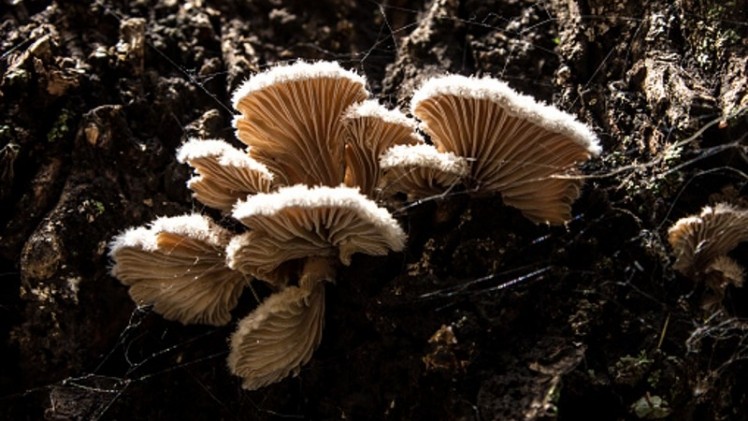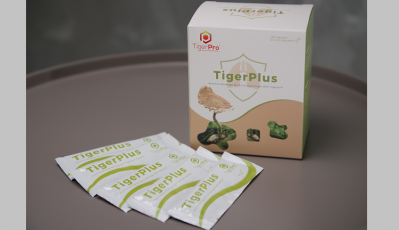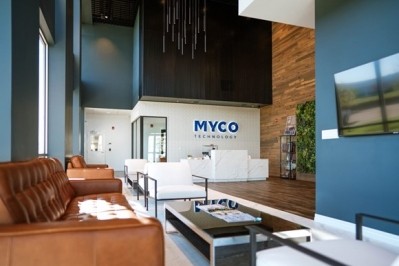Splitgill sensation: Thailand’s More Meat strives towards clean label production while planning new RTC line

More Meat’s business strategy revolves around the splitgill mushroom, a local mushroom that grows abundantly on rubber trees in Thailand’s numerous plantations, but is not well-known or recognized as a food ingredient even by local consumers.
“Research has shown that splitgill mushrooms have a high content of beta-glucan which is beneficial for the brain and immune system, and it also has a unique structure that is meaty in itself, with no need for extra flavouring to make it meat-like, so it’s pretty surprising that it’s not been more looked into yet,” More Meat Founder and CEO Kanwra Tanachotevorapong told FoodNavigator-Asia.
“Thai cuisine is very big on using sauces, herbs and seasonings as it is, and local consumers tend to want to season their own food, so our product development has very much been focused on optimising texture and not on flavouring it thus far, whereas many western brands like Beyond or Impossible tend to be already seasoned.
“Not adding flavourings is a big thing here, as our primary consumer base are those that are health conscious, and not those focused on the environment – I’d say that health consciousness is really the number one trend and priority for consumers here in Thailand when making food purchases.”
In order to better cater to local demand, More Meat is also striving towards creating a clean label formula in order to achieve that claim, with plans to release a new product formula this year that contains only one additive.
“The two major improvements of the new formula are first a reduction in mushroom odour, and second we’ve cut down on the use of food additives such that only one is left,” Tanachotevorapong said.
“The one additive left using the new technology is methycellulose, which is a thickener, and we’re working on removing that too – the use of a lot of additives is one of Thai consumers’ biggest concerns, so cutting this down to just one and using all natural ingredients for everything is our way of responding to them.
“We are definitely working towards becoming a clean label product – at this point we’re not sure whether the Thai FDA would allow this but certainly we are taking the steps towards this.”
More Meat is also launching a new line of RTC products later this year, which is targeted for consumers that are less interested in cooking and on the lookout for a more convenient, time-saving option.
“There are also consumers that don’t really cook that much, and these are the ones who have given us feedback demanding a faster option – hence we launched this RTC range with a focus on local flavours like Kra Pow and curry,” she added.
“The range will have six new products initially, across three categories: Stir-fry, Boil and steam, and Fried – where consumers have expressed interest in options they can use air fryers. Moving forward we might streamline this based on the feedback we get.”
Expansion strategy
More Meat has already achieved substantial recognition in Thailand, with its initial mushroom-based meat already being available in over 200 stores across the country, from major supermarkets such as Tops to mom-and-pop stores, as well as in restaurants and on e-commerce platforms from Shopee to Lazada.
As such, the firm’s next step is to look at expanding to international markets – with Singapore as its first target.
“I do think it is important for us to get to Singapore first as a foodtech start-up, as there is such a great international hub and platform there to expand from,” said Tanachotevorapong.
“From there, we definitely also want to look at other Asian markets such as Malaysia and Indonesia and India, places where there are rubber plantations and splitgill mushrooms can also be found as these would be solid locations for expansion, particularly in markets like India where there’s such a big non-meat-eating population.”
More Meat will be exhibiting at the ThaiFex-Anuga Asia 2022 International Exhibition in Bangkok, from 24 May 2022 to 28 May 2022 at the IMPACT Muang Thong Thani exhibition centre.
















